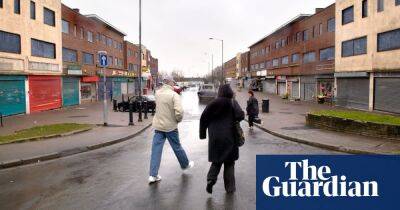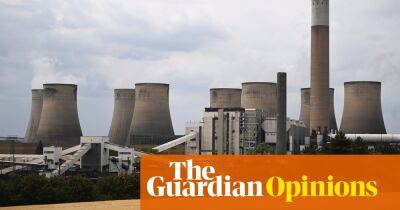UK industry’s heavy energy users fear enforced winter shutdowns
At Dreadnought Tiles’ factory just outside Birmingham, specialist staff monitor its nine kilns 24 hours a day. The furnaces reach temperatures of 1,130C and are capable of churning out 40,000 roof tiles a day. Now Alex Patrick-Smith, the 217-year-old company’s managing director, faces the prospect of being forced to switch this nonstop operation off.
Dreadnought belongs to a select group of the UK’s heaviest power users, manufacturers that employ about 210,000 people and contribute £29bn to the economy.
From steelmakers and chemical firms to glass and ceramics manufacturers, the biggest players in this group suck up huge amounts of energy. The sector accounts for about 16% of Britain’s energy usage, behind transport and domestic use.
The energy crisis has brought two black clouds on to the horizon for these companies – further rises in sky-high bills, and then the prospect of government-enforced shutdowns. In officials’ worst-case winter projections, energy-intensive businesses would be asked to close to preserve power for hospitals, emergency services and households if a cold snap in the weather combines with gas shortages to trigger blackouts.
Patrick-Smith says: “We keep being reassured that there are no prospects of shortages of gas, and that we have multiple sources of supply within our own gift. But this argument rests on the basic premise that it is energy security at any price – that just doesn’t work in reality, because there comes a point where you just cannot afford to buy it.”
The government announced on Friday that it would considerincreasing subsidies for some of the biggest energy users. It already offers discounts on renewable energy levies to big energy users in the steel, paper, glass, ceramics, and cement
Read more on theguardian.com





















